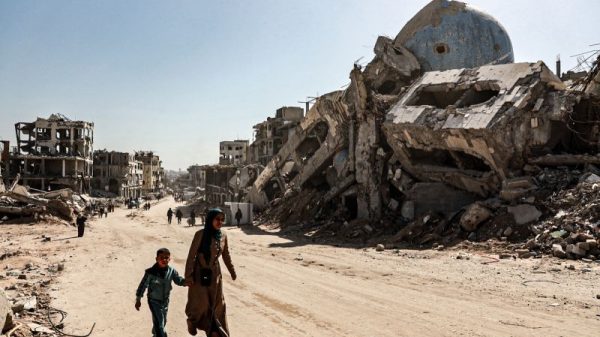It was nearly 30 years ago when Rosember Lopez received a life-altering diagnosis: He was HIV positive.
With scant government resources for HIV support at the time in Mexico, Lopez joined advocacy groups to secure the funding he needed for medication to help him survive.
The experience inspired him to start his own organization in Tapachula, in southern Mexico, to help destigmatize HIV with the help of funding from the United States.
Today, his is one of dozens of aid groups across Latin America in jeopardy due to the Trump administration’s freeze on almost all international aid and the gutting of the US’ global development network.
The President’s Emergency Plan for AIDS Relief (PEPFAR), a George W. Bush-era program that has enjoyed bipartisan support, was among those hit by US President Donald Trump’s actions. Relief groups have warned that halting programs such as PEPFAR could pose a risk to the lives of millions of people who will have to stop their HIV treatment, potentially opening the door to a HIV resurgence.
Organizations like Lopez’s help those with the disease access antiretroviral medications needed to reduce the risk of transmission, and give them a chance at a long, healthy life.
After hearing about the aid freeze in late January, Lopez began to worry not only about the future of his organization, A Helping Hand in the Fight Against AIDS (UMALCS), but also the deaths that could result from the lack of HIV care.
“It took me back to the times when there was no support and I said, ‘Well, now what is going to happen if we are no longer going to have the support of antiretroviral treatments?’” he said.
‘Shooting ourselves in the face’
PEPFAR has been a lifeline for those living with HIV and AIDS, saving tens of millions of people across the world since its inception, say advocates.
Without consistent treatment, Spencer warned that in a span of weeks or months, “We’re going to have people who had their HIV well controlled, who will be uncontrolled. You will have people that could not have transmitted who will be able to transmit now.”
If PEPFAR is not reauthorized for the next four years, and without other resources for the HIV response, there would be 6.3 million AIDS-related deaths in the near future, a 400% increase, Christine Stegling, the deputy executive director of the United Nations agency tasked with tackling HIV and AIDS, UNAIDS.
Not ‘enough money for everyone’
The lack of US funding is already impacting organizations in Colombia.
Some organizations, like Red Somos, which provides HIV care to Venezuelan migrants, have been forced to drastically scale back their operations.
“This could be dangerous for their life,” Marquez said, adding that the organization is looking to other sources of funding.
Without explicit permission from the US to resume work, Red Somos has more than 170 antiretroviral drugs that are nearing their expiration date. The group also had to suspend its educational, social protection and mental health services since January.
Miguel Lopez, who was diagnosed with HIV 10 years ago, founded Más Que Tres Letras — which translates to “More Than Three Letters” — to normalize public discourse in Colombia about HIV and where to seek help.
While Lopez’s group relies on other donors, he still anticipates fallout from the latest US policy. Lopez and his team worry there might not be enough money to go around as organizations that once relied on US funding are now scrambling to find other donors.
“There is not going to be enough money for everyone,” Lopez said.
Reduced activities
In Haiti, Dr. Alain Casseus and his colleagues at healthcare organization Zanmi Lasante have been severely impacted by the aid freeze.
Some approved services can’t immediately resume for aid groups that have already cut down on staff and are operating at reduced capacity.
There are parts of Haiti that rely almost solely on American funding for their healthcare needs, the USAID employee said. “If these health facilities were not there, people would receive no medications, no healthcare, nothing.”
“We urgently need international support to sustain our work.”

























